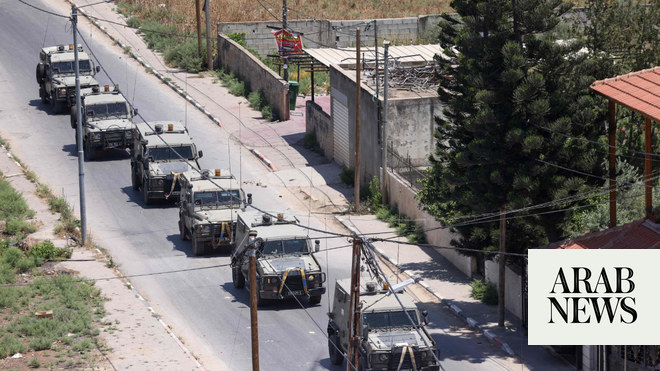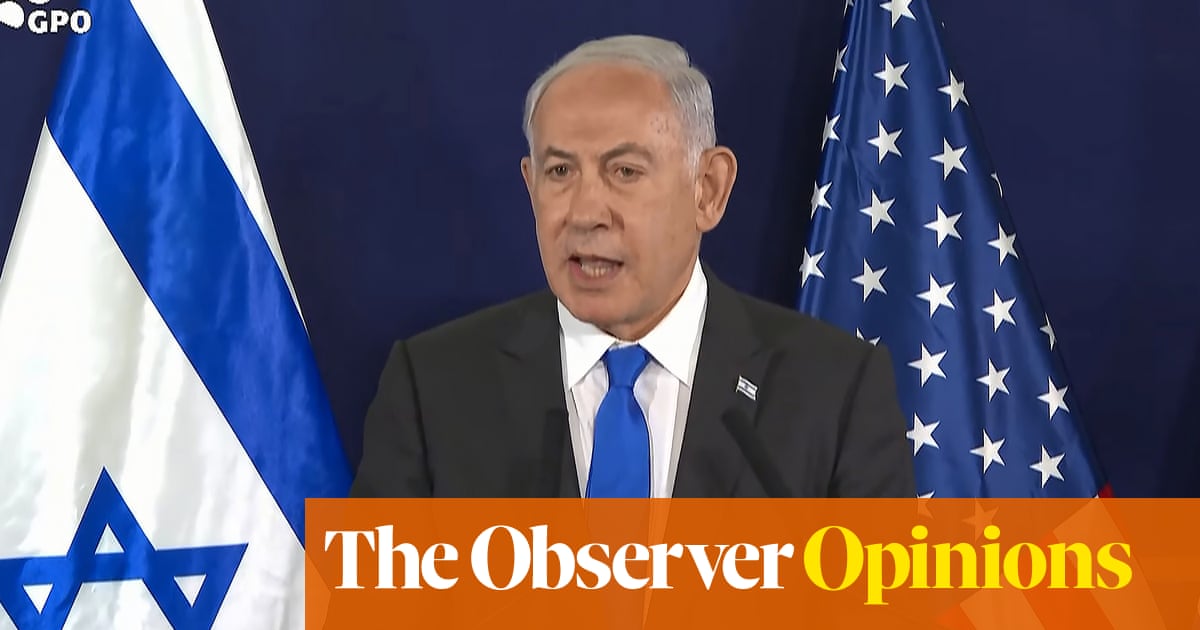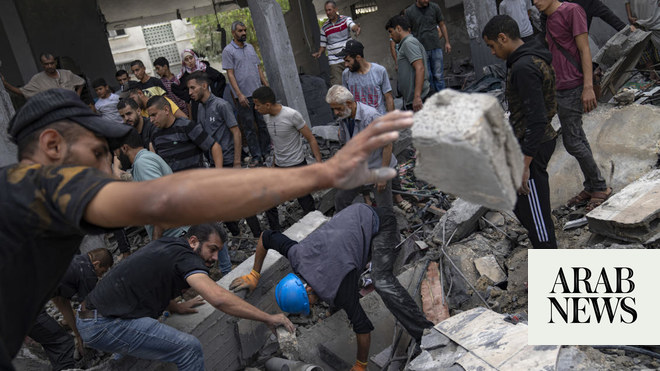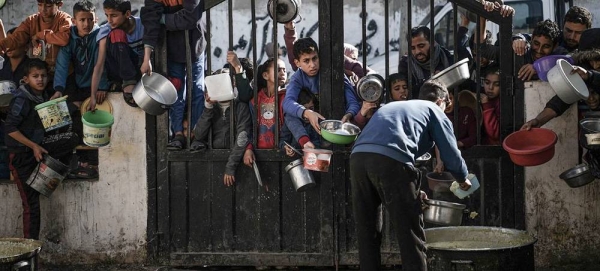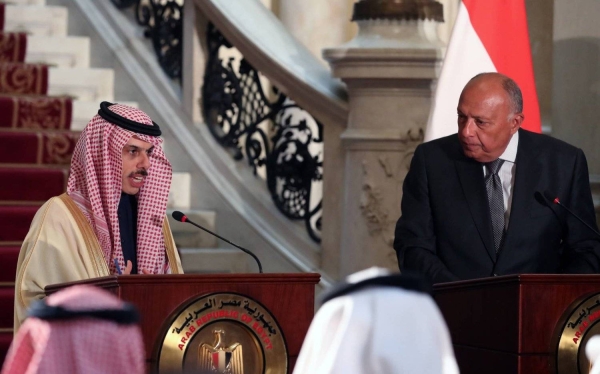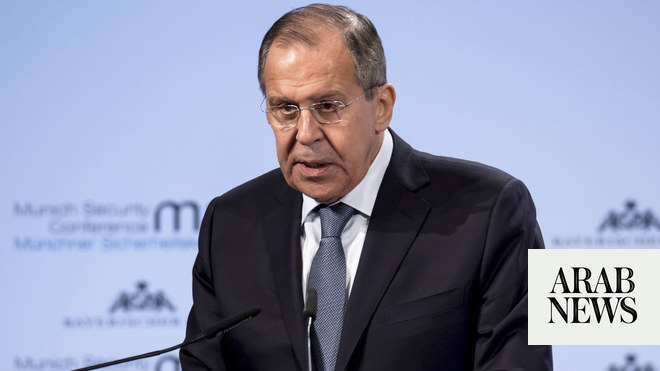
The Iraqi government denied Sunday accusations that it is punishing families, whose one of its members joined ISIS after the latter occupied Mosul and several Iraqi provinces in June 2014.
“Iraqi forces have forced at least 235 families in oil-rich Kirkuk into displacement camps under the pretext of being affiliated with ISIS terror group,” Human Rights Watch said Sunday.
Most of the displaced families have been forced to go to Daquq camp in Kirkuk and a smaller number to two other camps in the area, according to the report.
As these families were being displaced, groups within the Popular Mobilization Forces (PMF) destroyed some of their homes, forced some parents to leave children behind, stole some of the families’ livestock, and beat at least three of the men, the organization explained.
“It is not a matter of collective punishment or of forced displacement of such families, rather, it is a community issue. Many people from areas where some civilians joined ISIS, some from one tribe and sometimes even from one family, refuse the return of these families to their villages,” member of the Iraqi High Commission for Human Rights Anas al-Azawi told Asharq Al-Awsat.
"Human Rights Watch should have contacted official Iraqi authorities to find out the circumstances of such cases rather than making peremptory judgments, Azawi said, adding that Iraq has been facing a post-ISIS difficult and urgent situation that requires not only political solutions but also community one."
Responding to a question about Human Rights’ report regarding hundreds of families who were taken to Kirkuk camp, Azawi said: “The families who live in this camp are Arabs from Kirkuk. They are ISIS victims and do not belong to the terrorist organization.”
He explained that they were placed in a central camp of the Ministry of Displacement and Migration and that most of them filled out the form to return to their villages when circumstances are appropriate.
He also pointed out that "it is regrettable that an organization such as the Human Rights Watch accuses the government based on either wrong or incomplete information."
"Among the problems that we have been facing in Anbar and Salahuddin provinces is that the people in these areas refuse the return of these families, forcing the government to put them in camps until finding a solution for this community issue," Azawi stressed.




